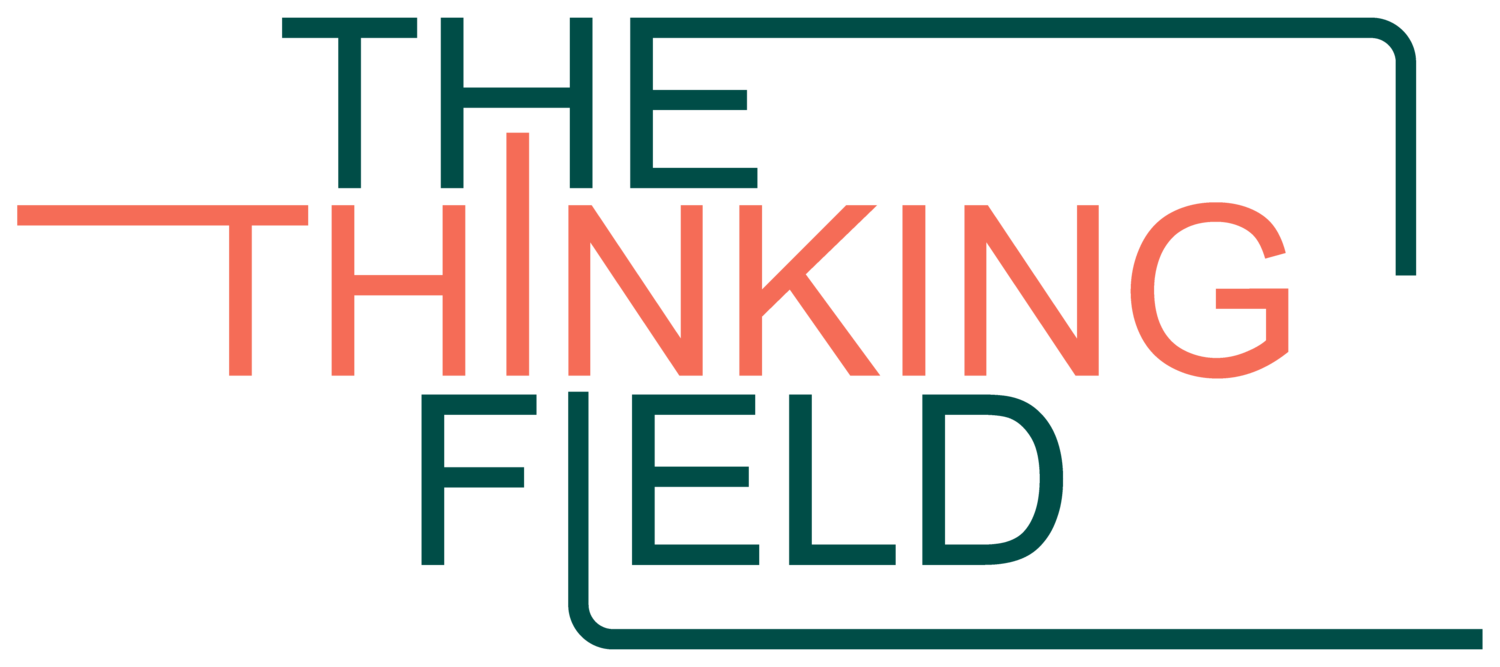Human beings thrive when we have certainty, a sense of control and a sense of safety. Our reptilian brain is constantly trying to protect us from volatility, uncertainty, complexity and ambiguity. Looking at our landscape of constantly shifting sands, our collective reptilian brain seems to be desperately trying to run the show.
We are at our best, in terms of our relational skills, when our frontal lobes, the more evolved parts of our brain, are engaged and we can think well,
“The quality of everything we do depends on the quality of the thinking we do first. The quality of our thinking depends on the way we treat each other while we are thinking.” Nancy Kline
Conversations about our differences, in terms of race, gender, sexual orientation, ethnicity, age, national origin, cultural identity, gender identity, assigned sex, neurodivergence, physical and mental abilities are often a relational field that can feel uncomfortable, and potentially fraught with the risk of “getting it wrong”.
Being forced into these conversations can trigger a sense of dis-ease and unsafety, and is one of the reasons why so many well-meaning initiatives to address diversity and create inclusion fail.
Focussing on the more familiar ground of diversity and its measurable progress can feel safer. The quest to cultivate cultures of inclusion and belonging can evoke fear and shutting down, and perceptions of inclusion can be difficult to measure.
The Ten Components of the Thinking Environment® - attention, equality, ease, appreciation, encouragement, feelings, information, difference, Incisive Questions™, and place - are behaviours that create a space of belonging and inclusion, for people to think together collaboratively and creatively about topics that feel seemingly intractable.
The Difference component, invites us to notice that
"The greater the diversity of the group, and the greater the welcoming of different points of view, the greater the chance of accurate, cutting-edge thinking." (Nancy Kline)
When creating spaces of inclusion and belonging, the Difference component dances most notably together with the component of Information, foregrounding that
"Recognising our collective social context creates psychological safety. Facing what we have been denying leads to better thinking." (Nancy Kline)
To find out more about how you can create environments of belonging which include diversity of thought and identity while acknowledging our respective social contexts, see our Cultivating the Field of Inclusion program.
If you are interested in developing the skill of providing generative attention, and creating environments that foster genuine connection, inclusion and collaboration, in-person and online, I invite you to participate in one of our upcoming courses.



